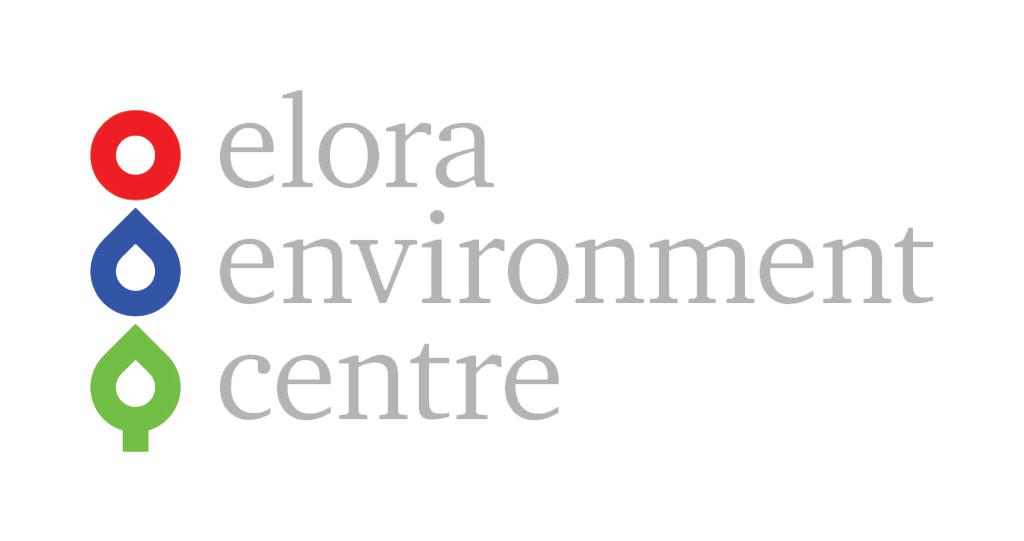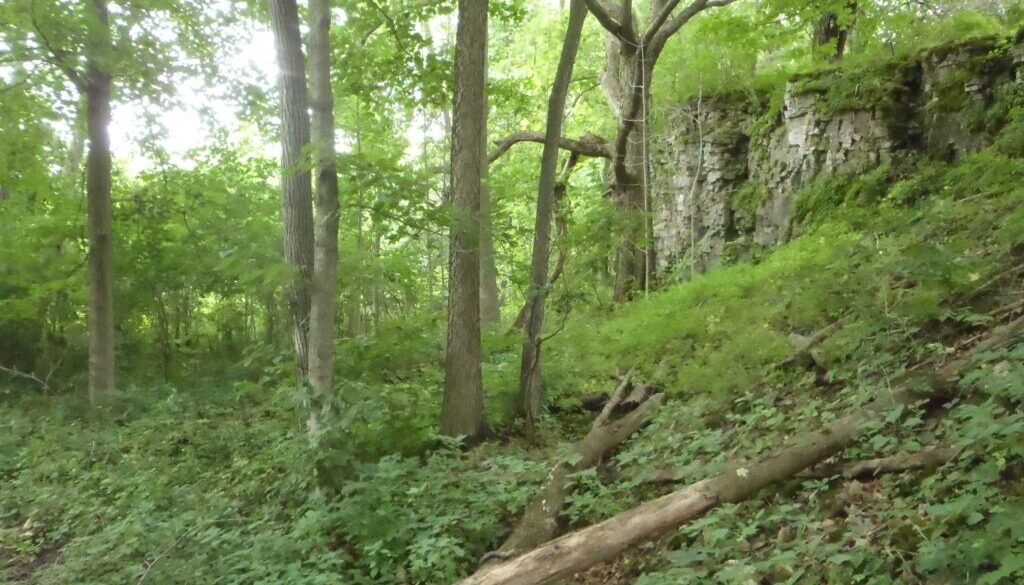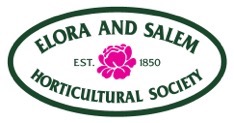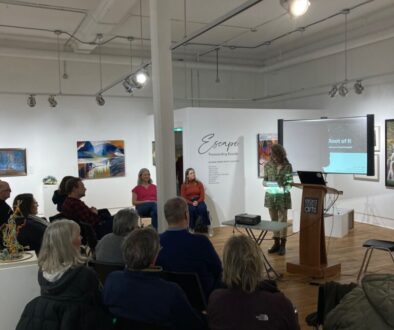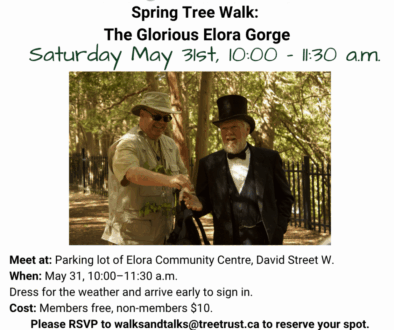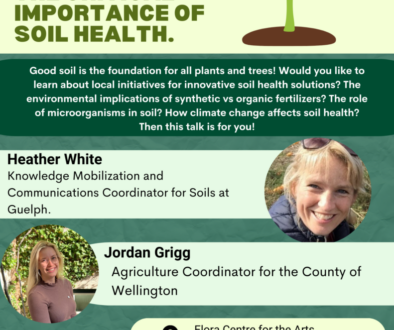Tree Talk: Mar 26, 2019, Land Conservation in the 21st Century – Review
Neighbourwoods 2019 Spring Tree Talk: raresites: Land Conservation in the 21st Century
On March 26, our guest speaker Tom Woodcock gave us an in-depth look into the what, where, when, why, and how of the rare Charitable Research Reserve.
What is rare?
The Reserve is an area of over 900 acres, on the Grand River between Kitchener and Cambridge. Its mandate is to preserve and steward ecologically significant land in Waterloo and Wellington Counties. A sampling of the 24 different habitats under protection include old-growth Carolinian forest; floodplains; meadow and prairie; bird and turtle breeding grounds; and stops along bird migration routes.
Rare’s conservation activities comprise three areas:
- Conservation: including tree planting, management of invasive species, and trail maintenance
- Scientific research: a living laboratory that hosts environmental research projects and monitoring
- Education: public events, environmental education programs, volunteer opportunities, and recreation such as hiking trails, to enable the public to learn about and value their natural surroundings.
Rare is a non-profit organization that depends on volunteers and is funded mainly by donations, and some funding from the region for specific projects.
Why does rare do what it does?
We are all familiar with the threats to land and forests from an increasing human population: consumption of living space, food, water, and resources; climate change; loss and degradation of habitat; and pollution.
From one perspective, “undeveloped” land can appear to be inactive, inert, and of no value until a commercial developer comes along to build something on it. From a more accurate perspective, natural landscapes actively provide a huge variety of “ecological services”, including water filtration, flood and erosion control, removal of air pollutants, recycling of nutrients and renewal of soil, pollination, absorption of greenhouse gases, and support for the biodiversity that makes this all possible. These services of course benefit not just humans, but all other species on which we and the earth’s ecosystem depend.
To get a sense of how valuable these services are, ask yourself for example: how do I get clean water? Ecoservices are “free”, but they require the space and time to do their jobs. If ecoservices disappear, replacing them comes at a cost. Consider for example the costs of building a water treatment plant, paying for flood insurance or damage, healthcare costs due to air and water pollution, or the need for more and more fertilizers and pesticides to compensate for diminishing soil quality.
The message is that we are depleting the earth’s natural ecoservices at an unsustainable rate – we are using more than the environment can provide. “Half Earth” is a concept proposed by Harvard biologist E.O. Wilson, which states that we need to set aside and protect one half of the earth’s natural habitats in order to maintain the biodiversity that is essential for the earth’s ecoservices to be sustainable.
What are some solutions?
The answer to the question “why conserve land?” became clear. We need to achieve a balance between usage and preservation of natural resources. Rare supports this goal by:
- Stewarding land that is already under protection, in perpetuity
- Reconnecting fragmented landscapes so that habitats are not disrupted and species have increased chances of survival
- Acquiring more lands for preservation, through purchase or donation. For example, a current project is underway to build a conservation corridor along the Eramosa River, that would extend from Eden Mills through Rockwood, Guelph, and the Eramosa Valley. This project has the potential to almost double the area of land under protection by rare.
Underpinning all of these efforts is the need to engage and educate the public as to the value of natural landscapes, not only for their ecoservices but for the enjoyment and well-being they provide.
In case all of these problems seem too large to resolve, we can remind ourselves of Tom’s decription of ecological activity as: “little actions or processes happening an unimaginable number of times”. With that in mind, the small efforts of each of us can potentially add up to a large turnaround in the ways we use and preserve our natural landscapes.
For more reading:
https://raresites.org/
https://www.half-earthproject.org/
Neighbourwoods thanks our 2018-19 Tree Talk Sponsor, the Elora-Salem Horticultural Society, for their support.
